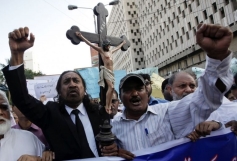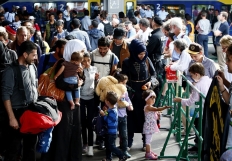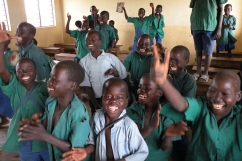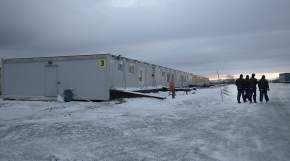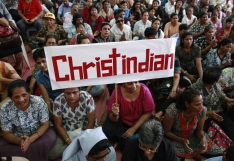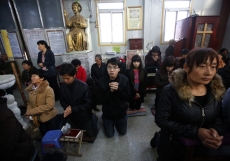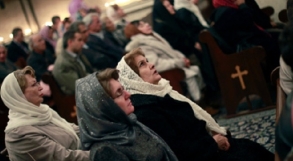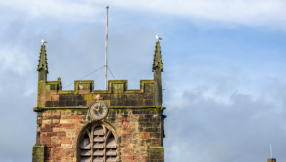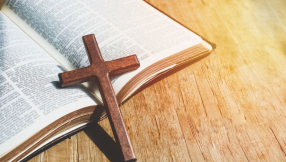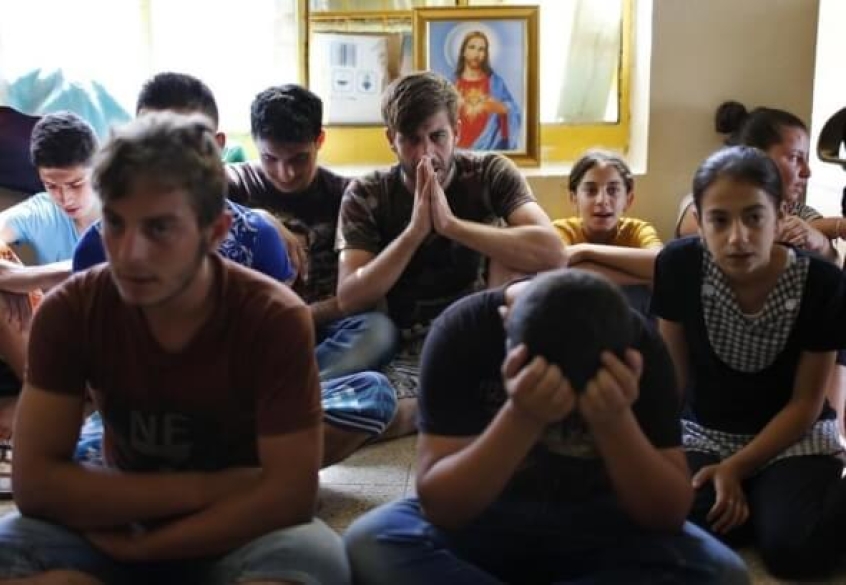
What can Christians do to help protect their fellow persecuted Christians in the Middle East?
The question has been around since the Islamic State (ISIS) started a campaign of genocide against Christians in Syria and Iraq.
Now, finally, a credible answer has been voiced: the creation of a protected Christian homeland in the region.
A Christian group called the Philos Project has partnered with In Defense of Christians to discuss how American believers can put policy and prayer together to stop the violence against Christians in the Middle East, CBN News reports.
Advocates for the persecuted Church recently gathered in Washington, D.C. to raise awareness about the ISIS' genocide campaign against believers in the region.
During the gathering, Christians in America were urged to actively help their beleaguered fellow Christians.
"We all feel the temptation to stay out of it and mind our own business... But minding our business is simply not an option," said Robert Nicholson, president of the Philos Project and key speaker at the event.
Many of the advocates are convinced that the only way to protect Christians in the Middle East is to create a homeland for them.
"Everyone wants to help Christians with aid, but until now there has been no structure through which to deliver it – no address to mail the check," Nicholson said.
"Christians in the Middle East will only be safe when they have a protected homeland, a foundation on which to build their shattered society," he added.
The Philos Project and other organisations are now working to create an independent Christian state in the Ninevah Plains region of Iraq.
Critics say the homeland idea is impractical, but the Philos Project cites modern examples of this solution to prove that it can work.
"History has shown us various examples of this concept working in practice, of minority peoples under existential threat surviving and thriving by securing territory: Israel, Armenia, Iraqi Kurdistan, even (to a far less satisfactory degree) Native American reservations in the U.S.," Nicholson said.










